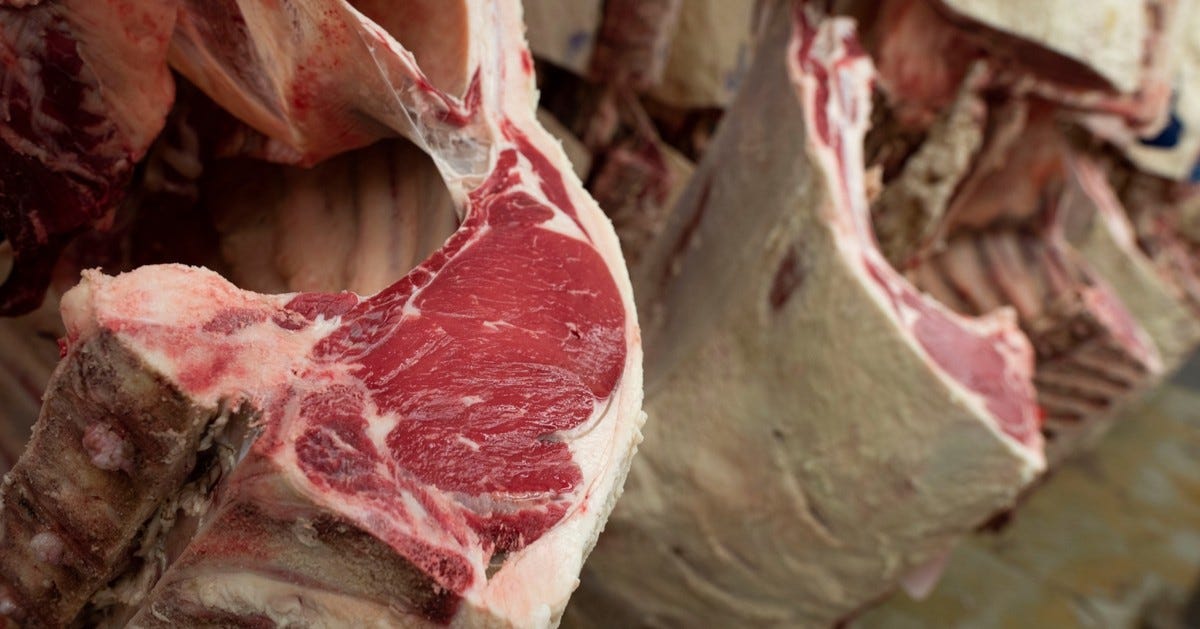Canadian meat industry slams Ottawa’s silence on devastating 25% pork tariff
While federal leaders campaign on trade tensions with the U.S., Canadian pork producers are being hammered by crippling 25% tariffs from China.
While federal leaders campaign on trade tensions with the U.S., Canadian pork producers are being hammered by crippling 25% tariffs from China—and industry leaders say the government has done next to nothing to counter Beijing.
With China’s 25 per cent tariff on pork hammering one of Canada’s most critical export sectors, the Canadian Meat Council is calling on the federal leaders to step up to protect thousands of jobs in the sector.
Processors who are ineligible for existing programs like AgriStability, say the federal response so far has been sluggish and insufficient.
The council is now demanding direct, targeted financial relief to help plants absorb the mounting losses, projected to exceed $100 million for some processors this year alone.
“China’s tariffs will have a significant impact on both employment and production, potentially leading to widespread layoffs or even closures of operations,” said Chris White, president and CEO of the Canadian Meat Council. “This situation is devastating—not only for meat processors, but also for the thousands of people employed and the communities that depend on them.”
Canada’s pork and beef industries rely heavily on Chinese markets, and the newly announced tariffs effective since March 20 threaten the jobs within the entire supply chain including truckers, farmers, packers and retailers.
Yet while party leaders crisscross the country campaigning on trade instability with the U.S., little attention has been paid to the China dispute, even as it delivers real-world damage to the agriculture sector.
“As party leaders focus their campaigns on the uncertainty surrounding our relationship with the U.S., I urge them to devote attention to the Chinese tariffs that are already causing destabilizing and damaging effects in our industry,” said White.
The Chinese tariffs come on the heels of a March 8 decision concluding a so-called “anti-discrimination” investigation targeting Canada.
Meanwhile, the Chinese regime, under the guise of a so-called “anti-discrimination” investigation launched in September 2024, has slapped broad retaliatory measures on Canadian pork, seafood, peas, canola and more.
The move was widely interpreted as retaliation for Ottawa’s decision to impose its own tariffs on Chinese electric vehicles, aluminum, and steel last year.
The Liberals under Mark Carney have yet to even acknowledge the scale of the crisis, rather focusing on the Donald Trump figure and US tariff issue.
Industry leaders warn that if immediate action is not taken, Canada could lose critical slaughter capacity, damaging its international market position, and risking long-term structural damage to a sector worth more than $20 billion to the national economy.
The Canadian Meat Council represents federally licensed meat packers and processors who support over 70,000 direct jobs nationwide.
The organization is pressing for rapid financial assistance, along with diplomatic efforts to resolve the dispute and restore access to international markets.



